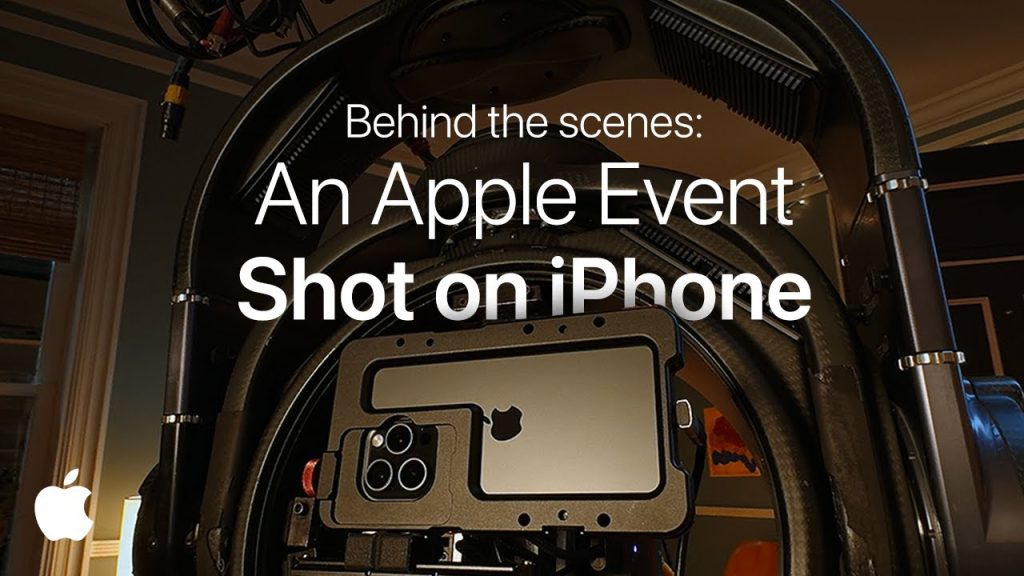You’re probably aware that earlier this week someone at Facebook accidentally tripped over the plug to the social media giant’s servers, rendering three of the biggest social platforms and one of the biggest virtual reality platforms completely unusable.
This meant that anyone planning a big social media campaign across Instagram or Facebook, or liaising with team members over WhatsApp couldn’t do so. And while it was nice to take a break, it was also a big eye-opener to the fact that you should be diversifying your social media portfolio.
It’s easy to put all of your eggs in one basket when it comes to social media marketing. If you’re a visual-heavy company, Instagram seems like the perfect platform to tell your story. If you’re keen to engage with potential customers, whether for customer service communications or to share 280 characters of wisdom, Twitter is your home. Then of course you have Facebook, the social media platform everyone loves to hate, with almost 3 billion users to tap into…
However, as we all discovered yesterday, it’s all temporary. While the outage across Facebook lasted for more than six hours, imagine if it lasted for days or weeks. It’s unlikely, but if that did happen, what would you do? This was a point that Twitter highlighted quite tongue-in-cheek yesterday, as everyone flocked to their platform, which, for those already well acquainted with the micro-blogging site will know, was a situation that they used to their advantage.
It’s a very stark reminder that social media platforms are rented space and relying solely on one platform might not be the best idea. Look at DailyBooth, Google+, and Vine. They were once at the top of their game but were either bought out or simply shut down, and now no longer exist.
Creating an account on Twitter, Instagram, Facebook, TikTok, Thriller, Reddit, and YouTube, to name a few, not only prevents other people from taking your brand’s name, but it also gives you options to diversify your content and tap into new audiences, especially if something were to go awry with another platform.
In addition to this, it’s also important to look outside of social media when reaching potential customers, whether that’s having a website, using one of the various online community platforms such as Discord, or something as simple as an email marketing list.
If you had a launch prepared this week and Facebook’s outage had a big impact on that launch now’s an excellent time to think how this could have been avoided (or even worked in your favour) if you’d also planned content for Twitter.
So here are a few things to consider when considering diversifying your social media portfolio:
- Creating accounts on other platforms secures your username.
- New platforms tap into new ways to market your business and tap into a new audience.
- Having a website provides a home for people to find you, regardless of social network.
- Building an email marketing list gives a direct link to your customers.
Bearing these ideas in mind and putting some of them into practice means that even if the biggest social media platforms become vulnerable to a black-out, you won’t be.




